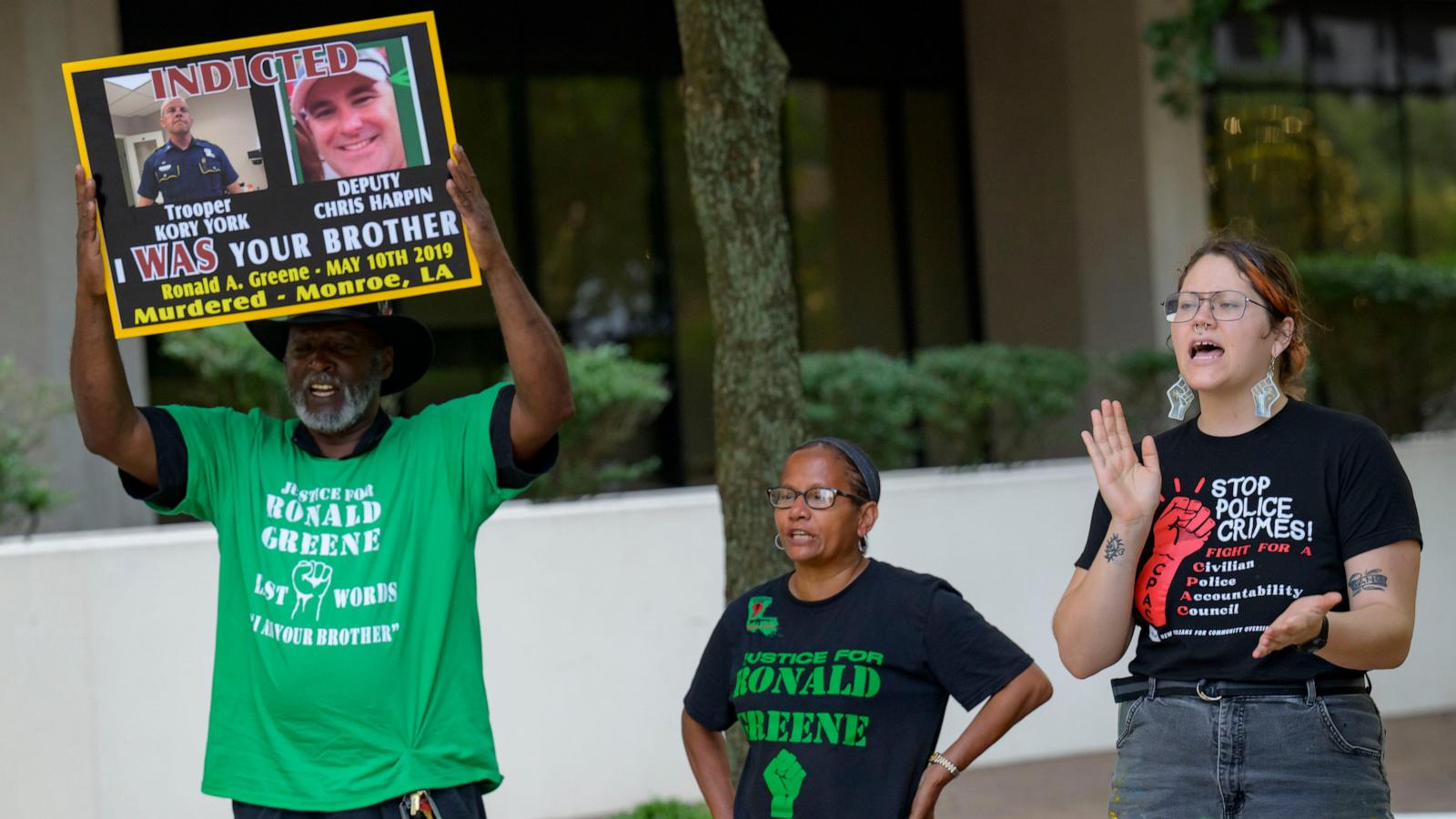The Louisiana State Police: A Pattern of Excessive Force?
Are Louisiana State Troopers engaging in a pattern of excessive force? A recent US Department of Justice report alleges just that, painting a grim picture of misconduct and raising serious concerns about public safety. This shocking report details numerous instances of alleged brutality, leaving many questioning the conduct of law enforcement in the state. Click here to uncover the unsettling truth!
Excessive Force: A Statewide Pattern?
The Department of Justice report alleges a statewide pattern of excessive force by Louisiana State Police (LSP) troopers. This isn't about isolated incidents; the report claims these actions place the public at serious risk. The findings cite numerous examples where troopers allegedly used excessive force, often in the initial moments of an encounter and without warning or opportunity to comply. This raises significant questions about training protocols and agency oversight. Even in cases involving misdemeanors, the report notes instances of excessive force against those fleeing, raising serious questions about proportionality and the LSP's policies and procedures.
The Shocking Statistics
While the exact numbers might be subject to varying interpretations, numerous instances of excessive force are cited in the DOJ report. This alarming trend suggests a deeper issue within the agency. It goes beyond just the isolated incident of the 2019 death of Ronald Greene; the report alleges a systemic pattern of behavior, indicating that the problem is far more pervasive and deeply rooted than many previously realized. These figures demonstrate the alarming scale of the issue, demanding immediate action and comprehensive reforms.
More than just a few isolated incidents?
The report directly contradicts claims that the reported issues are isolated incidents. Evidence presented points toward a larger problem that requires immediate intervention. Ignoring such patterns would not only condone continued misconduct but also allow for further potential human rights violations. Thus, it is imperative to take a systematic approach to tackle the systemic issues at play within the LSP. We will analyze what these cases collectively indicate and how this sheds light on broader law enforcement issues.
The Aftermath of the Report
The report's release sparked a firestorm of reactions. Louisiana Governor Jeff Landry criticized the report, defending the state police and their reputation. Conversely, Colonel Robert Hodges, the state police superintendent, acknowledged the concerns while emphasizing that the report doesn't reflect the entirety of the agency. However, many believe that a serious and immediate response and comprehensive changes are imperative in light of such serious allegations of systemic failures within the LSP.
The Response from the Louisiana State Police
In the wake of the report, the LSP responded by launching an internal review to further address the findings and initiate additional reforms. However, critics say it’s far from enough. Independent oversight and accountability are paramount in addressing the concerns raised and building trust between law enforcement and the communities they serve. Therefore, significant improvements must be introduced across the board, fostering a culture of accountability and transparency. It's also argued that independent investigations are essential to evaluate whether the LSP is genuinely pursuing those objectives.
The Public’s Response
The report has stirred intense public debate, highlighting the deep-seated concerns within Louisiana's communities. The issue extends beyond simple reform; many feel systemic changes are vital for establishing a more trustworthy police force that ensures the safety and protection of all residents. A thorough, unbiased approach will help ensure that future occurrences such as this do not happen.
Calls for Reform and the Road Ahead
The Justice Department's report calls for several crucial reforms within the Louisiana State Police. These recommendations aim to enhance accountability, transparency, and overall practices within the agency, ranging from training improvements to better policies for dealing with excessive force and pursuing accountability when these policies aren't adhered to. These aren't simply suggestions; many view them as critical to safeguarding civil liberties and promoting genuine public safety.
Specific Recommendations for Reform
The report explicitly suggests a list of policy adjustments aimed at enhancing both training practices and response strategies within the LSP. These include revisions to training modules that directly address situations of potential excessive force, ensuring comprehensive and realistic scenarios. Also proposed are improvements to the reporting procedures for alleged misconduct, designed to guarantee full transparency and timely response mechanisms. Finally, recommendations have been proposed that support independent and rigorous oversight mechanisms, making it certain that violations will not be ignored or glossed over.
What’s Next?
While the report recommends specific changes, the road to effective reform won't be easy. It requires commitment from both leadership within the Louisiana State Police and stakeholders within the Louisiana state government. Successful implementation of these recommendations hinges on effective partnerships and consistent effort to rebuild trust and create a police force that effectively serves and protects all members of the Louisiana communities. Without these reforms, more incidents may likely occur.
Take Away Points
- The US Department of Justice released a report detailing a pattern of excessive force by the Louisiana State Police.
- The report highlights numerous incidents where troopers allegedly used excessive force, sparking widespread public concern.
- Reform is urgently needed, encompassing enhanced training, policy improvements, and transparent accountability systems to effectively rectify these issues.
- The long-term success of these reforms will greatly depend on a united commitment to change from the LSP, and those within the governing structures of Louisiana.




